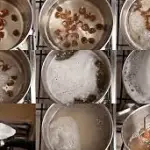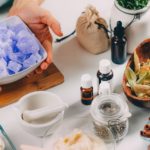Is soap biodegradable? The average American uses nearly 13 pounds of soap every year. It is a necessary part of most people's lives, but what happens to all that soap when it's gone?
The short answer is yes and no. Soap is made from various ingredients, some of which are biodegradable and some of which are not. The main component of soap that is biodegradable is glycerin.
This means that when soap is washed down the drain, the glycerin will eventually break down and disappear.
However, other soap components, such as fragrances and colorants, may not be biodegradable. As a result, these ingredients can stick around in the environment for a long time. Soap scum is an example of this.
Soap scum comprises of non-biodegradable materials that accumulate on surfaces like shower tiles and drains. It can be challenging to get rid of, and it can even lead to mold and other harmful bacteria.
So, while soap, in general, is biodegradable, not all of its ingredients are. This means that it is crucial to be mindful of what kind of soap you are using and where you are using it.
If you are looking for a biodegradable soap option, many natural brands are available that use plant-based ingredients.

How do soap and detergent affect the environment, Is soap biodegradable?
Now that we know a bit about soap and its biodegradability let's see how it affects the environment.
Soap is a significant contributor to water pollution. When washed down the drain, it can mix with other substances in the water and create harmful pollutants.
These pollutants can hurt aquatic life, contaminate drinking water supplies, and cause all sorts of other problems.
In addition to its effects on water, soap can also impact air quality.
The ingredients that are not biodegradable can release harmful chemicals into the air when they are burned. These chemicals can cause respiratory problems and contribute to climate.
Soap is not the only household product that can lead to pollution.
Detergents, similar to soaps, can also cause problems for the environment.
Detergents do not contain glycerin and thus will leave behind harmful ingredients.
They often include chemicals like phosphates and petroleum oil, which are environmentally harmful.

Are soap bars better for the environment than liquid soap?
Soap bars are typically made with natural ingredients that biodegrade. These can be an environmentally friendly option, but they still have to go somewhere when they are done being used.
Liquid soaps are more harmful to the environment. Liquid soap is typically made using synthetic chemicals which are not biodegradable and can remain in the environment for a long time after use. These chemicals contaminate soil and water supplies.
So, the answer to this question is not a simple one. It depends on the ingredients used in the products and how they are disposed of.
However, as a general rule, liquid soaps are more harmful to the environment than soap bars.
Bar soap is biodegradable, but not all of its ingredients are. It is essential to be mindful of what kind of soap you are using and where you are using it.
Bar Soap can negatively impact water and air quality, so it is essential to use it conscientiously.
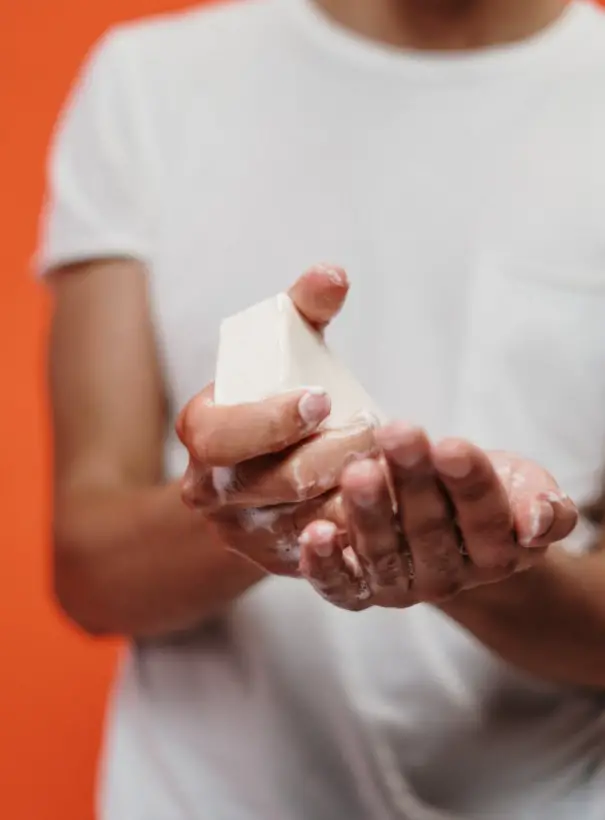
What is the most biodegradable soap?
Since no soap is not 100% biodegradable, when we say 'most' biodegradable soap, we refer to soaps that have the least ingredients that aren't biodegradable. There are three types of soaps considered as the most biodegradable soap:
1) Soap bars
Soap bars are biodegradable because they are made of natural ingredients. The most common ingredient in soap is sodium hydroxide, a strong base that reacts with oils to produce soap.
However, some of the ingredients in soap, including fragrances and colorants, might not be biodegradable.
This means that the soap will eventually break down into its component molecules and nutrients, which plants and animals can absorb. Still, it might also leave small traces of non-biodegradable elements.
Some soaps even include ingredients beneficial for the environment, like seaweed extract or coconut oil. Soap bars are also packaged in recyclable cardboard boxes, which helps reduce waste.
2) Soap sheet
Soap sheets are made from natural ingredients like coconut oil, olive oil, etc. Glycerin is added to make it dissolve when wet.
Glycerin helps it dissolve and acts as a surfactant to break the surface tension of water. The soap sheet will quickly dissolve in the water and go back to nature. There is no harm to the environment. It can even help improve soil quality when used as a fertilizer.
Since there is less air between the bubbles, the soap sheet creates less suds and is, therefore, less harsh on the skin. It is perfect for sensitive skin or delicate items like lingerie and baby clothes.
Soap sheets are natural ingredients like coconut oil, olive oil, glycerin, etc. Glycerin helps dissolve when wet and break the surface tension of water to dissolve in the water and go back to nature quickly.
A soap sheet is gentle on the skin because there is less air in between the bubbles, which makes the soap sheet creates fewer suds and, therefore, less harsh on the skin.
3) Wipes
Any wipes that can be composted should be considered biodegradable, but those containing plastic or other materials that cannot break down won't be classified as such.
This type of soap dissolves in water and is a traditional way to wash your bodies or clothes for centuries before people started using detergents. Soap sheet has glycerin added which makes it dissolve when wet. It's made from natural ingredients like coconut oil, olive oil, etc.
Since all the ingredients are biodegradable, gauze soap isn't harmful to water or air quality but could leave behind glue pieces after use, making it essential to tear it into pieces if you're going to compost it.
Any wipes that can be composted should be considered biodegradable, but those containing plastic or other materials that cannot break down won't be classified as such.
Wipes made of bamboo, cotton, and linen are good for the environment but beware of wipes made of synthetic materials, which will take a very long time to decompose.
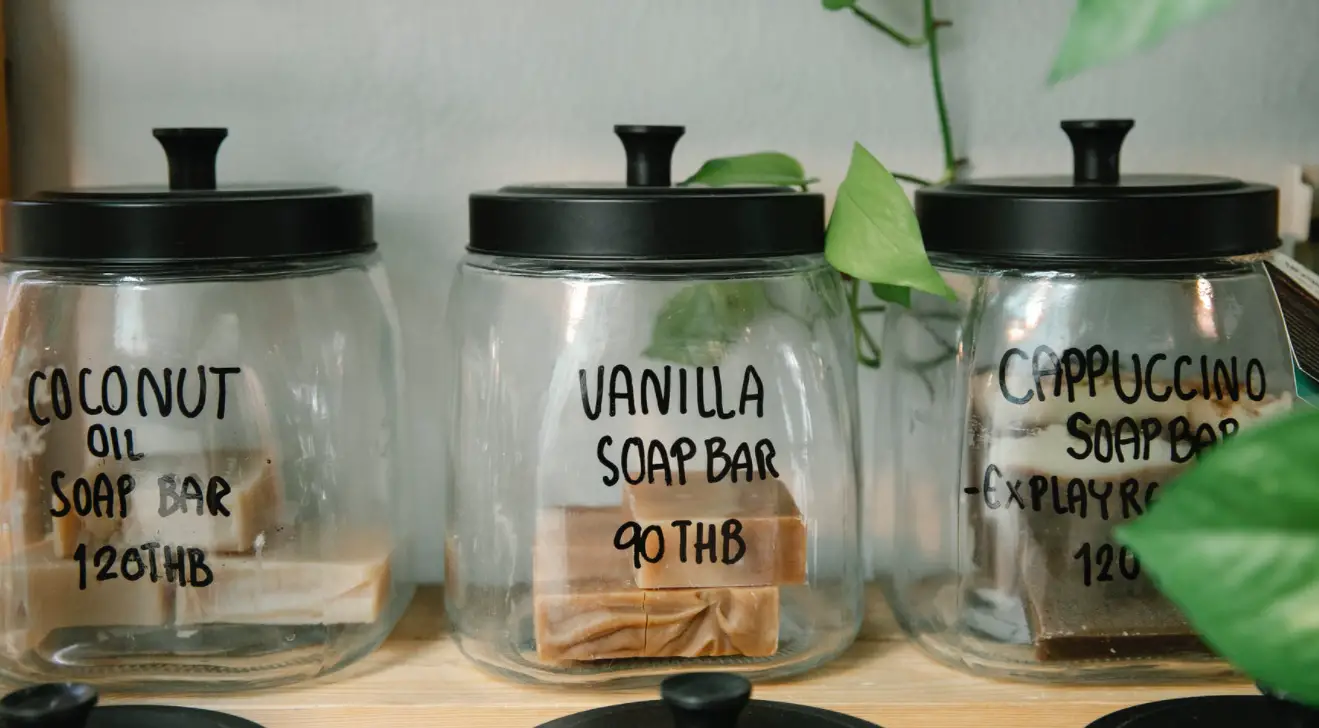
What soap is safe for the environment?
Unscented Mild Pure Soap is the safest soap for the environment. Why? Because it is made from natural and biodegradable ingredients. After use, this soap can go straight into a compost pile or be dissolved in water if you have access to running water.
The only thing left behind would be the glycerin and the glue (if there is any). Since all of the ingredients and glue used to make Unscented Mild Pure Soap are biodegradable, it's safe for the environment.
Unscented mild pure soap (bar and liquid) may not always break down completely, but they're still safer than other commercial soaps.
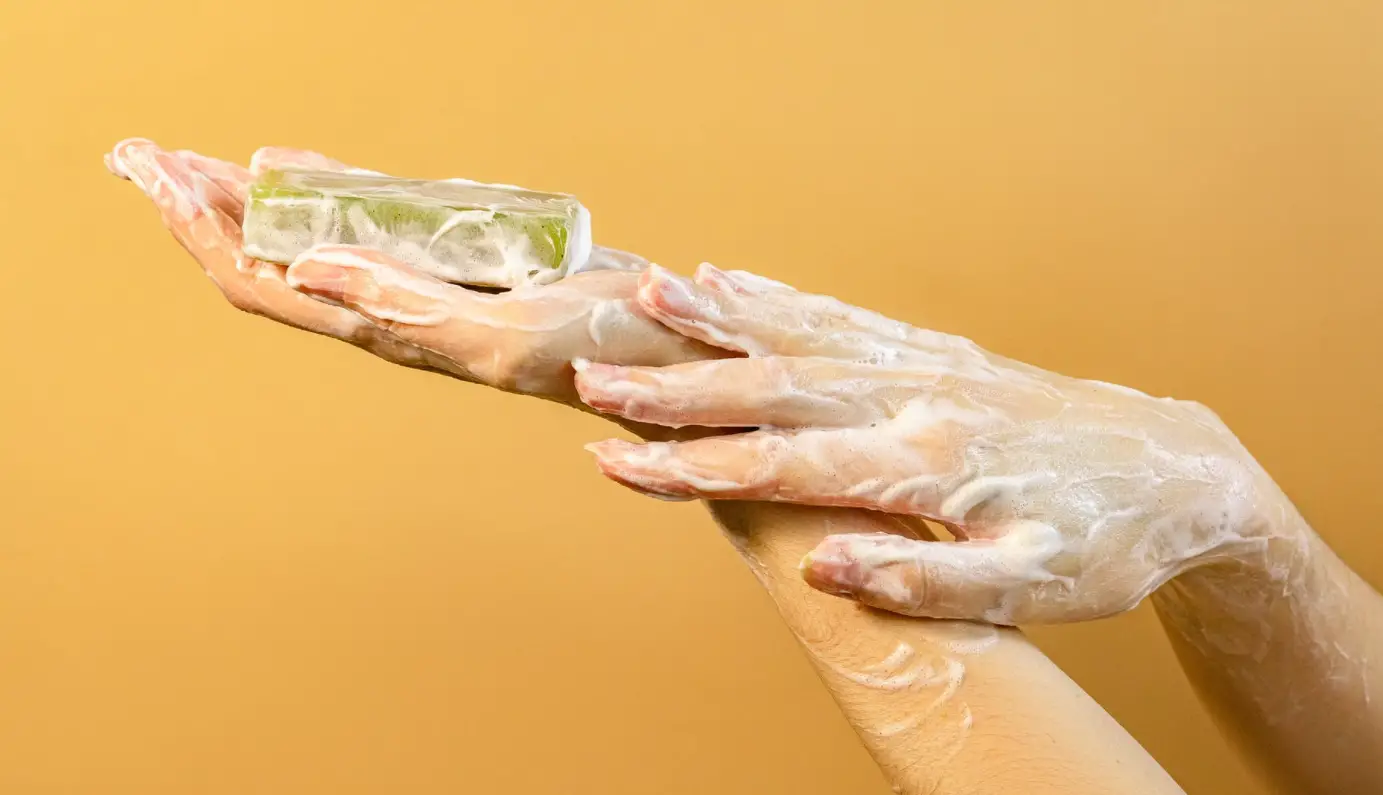
Is Dove soap biodegradable?
Today, the essential soap ingredients are biodegradable. That includes lye, oil, and water. The addon ingredients aren't necessary; however, the more they are, the higher the chances of not being biodegradable.
Unilever, the maker of Dove Soap, doesn't provide conclusive information on whether the soap is biodegradable.
However, from their statement, the materials used in its production are 100 percent environment tolerant. That means whether Dove soap is biodegradable or not; it doesn't harm the environment.
But is Dove soap eco-friendly?
If you even dig deeper into Dove soap's ingredients, you won't find phosphates, triclosan, triclocarban, soap compounds known to be harmful to the environment. These materials cannot biodegrade and end up polluting the environment.
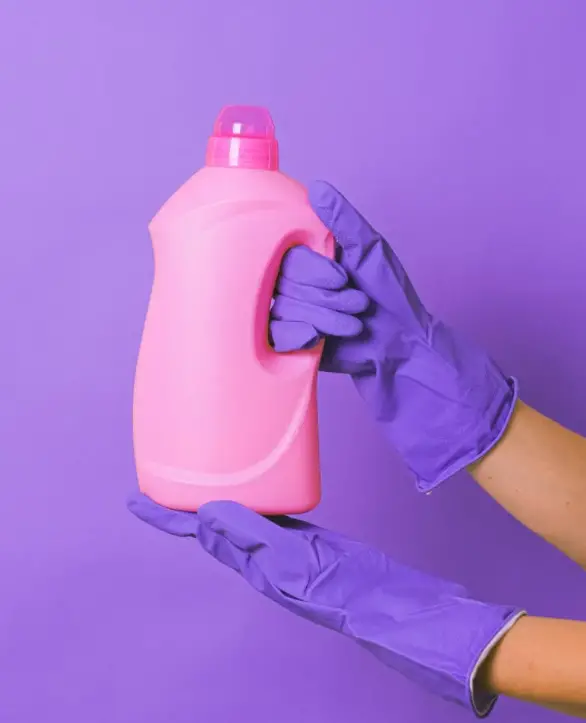
Is soap biodegradable? Final Thoughts
Soap is biodegradable, and many different types of soap are gentle on the environment. Biodegradable wipes are also available and can be composted. Always beware of wipes made of synthetic materials, which will take a very long time to decompose.
Unscented mild, pure soap is the safest soap for the environment. The only thing left behind would be glycerin and the glue (if there is any).
Since all of the ingredients and glue used to make Unscented Mild Pure Soap are biodegradable, it's safe for the environment.



